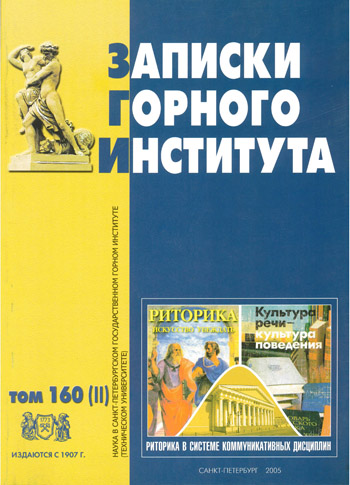Variability of ethical component of speech
- Saratov State Technical University
Abstract
A sign of the culture of speech interaction is the parity of the speaker's interest and his responsibility to the interlocutor. In speech reality, the ratio of these two components is variable. The nature of this interaction depends on several factors: the speaker's interest, the speaker's responsibility, the norm, the speaker's evaluation of the speech situation, approval, and stereotypicality of speech behavior. When analyzing real speech behavior, it becomes obvious that the speaker realizes in speech, first of all, his interests. Different linguistic personalities realize their interests in speech in different ways: direct, defending their point of view, and indirect, maintaining a state of psychological comfort. The main duty of the speaker is to take into account the interests of the interlocutor in communication.
